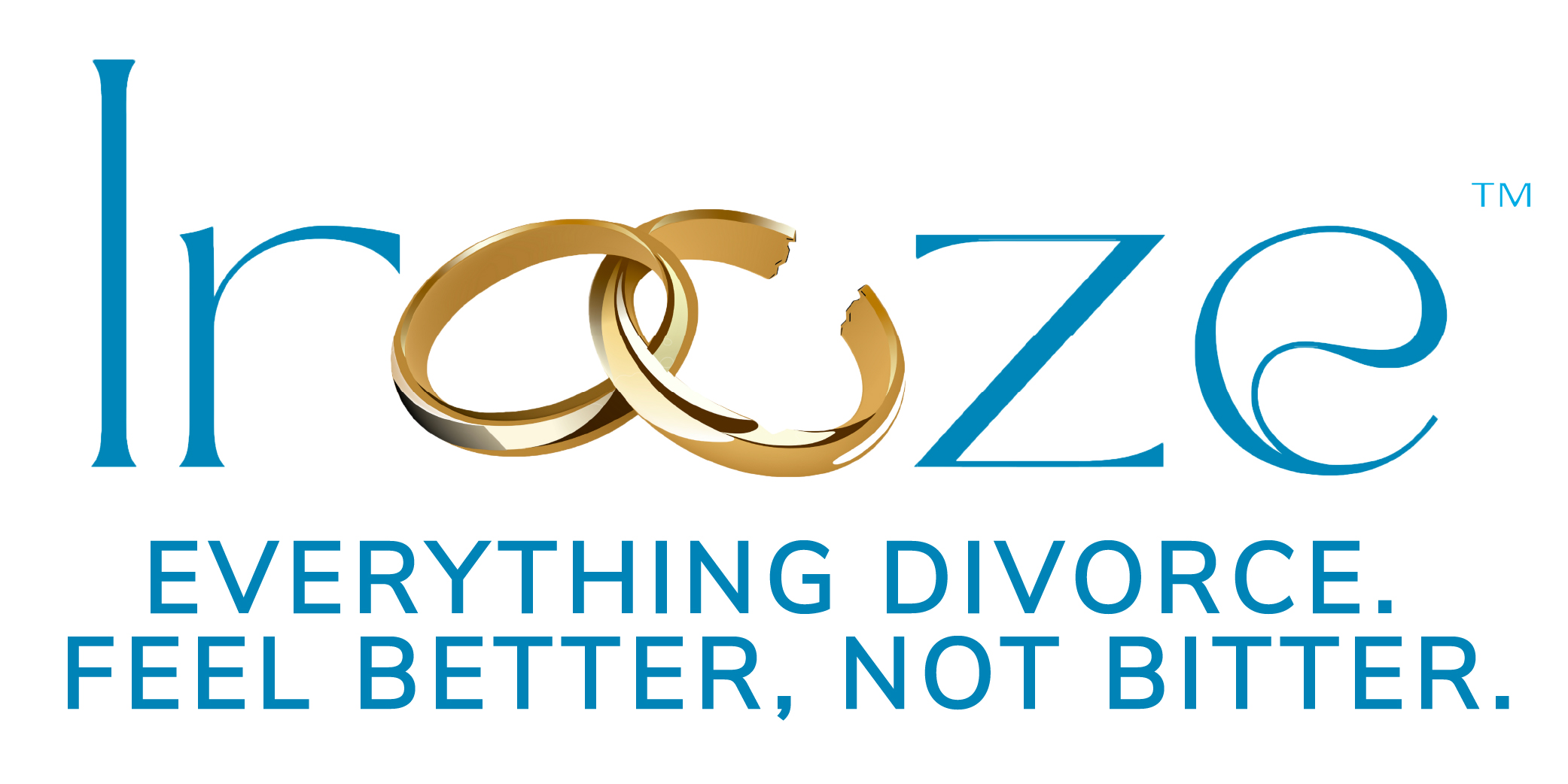Divorce and depression, what can you do with these two heavyweights in the ring of emotional turmoil? The battle can seem insurmountable, with each challenge amplifying the other. But take heart , because there is hope.
When depression and divorce collide, it can feel like a double blow to your emotional well-being. The stress of ending a marriage, coupled with the weight of depression, can leave you feeling utterly defeated. But don’t despair. By understanding the complexities of these challenges and implementing specific strategies, you can regain control of your life and move forward.
In this article, we will explore the overlapping challenges of depression and divorce, and provide practical steps to help you rebuild your life with renewed strength and resilience. We will also delve into the intricate relationship between depression and divorce, and offer actionable advice on how to cope with both simultaneously. From seeking professional help to developing healthy coping mechanisms, you’ll discover practical steps to navigate this difficult journey with renewed strength and resilience.
So, if you’re ready to break free from the grip of depression and divorce, read on. You have the power to rebuild your life and find happiness once again.
Divorce Depression Is Real: How to Recognize and Cope
Making the right divorce decision is very difficult. It requires a lot of thought and attention and focus on many different areas of your life. But one thing that our Founder, Ravit Rose learned the very hard way is that depression after divorce is real!
“Truthfully, when I look back now, I can confirm that I had absolutely no idea what I was doing! Life was a blur for about 6 years. I was so overwhelmed with fear, worries and anxieties, that my decisions were more emotions-based. Zero logic was applied for many years. I can confirm now that I made a lot of mistakes because my decisions were based on desperation, denial and/or despair. The regrets lead me to depression.“
How to Heal from Divorce Depression: Practical Strategies

Whether you’re currently wading through the divorce process or you are nearing the end of one, the first thing you need to know is that it’s normal to feel overwhelmed. The reality that everything you are familiar with is changing or has changed right in your face is a big hurdle to overcome. It becomes extremely difficult to be in good spirits all the time, and it is easy to slide into depression. Thoughts of the past, negative thought patterns, difficulty letting go of what was and other difficult emotions can continue to rage within, leaving little space for you to feel any joy, light or love.
We may want to seek comfort and resolution outside of ourselves during this time, find something or someone to just help us feel better. But those are all temporary solutions. Spirituality advisor at Irooze, Pushpinder Singh recommends practices that you can incorporate into your daily life that will help divert your negative thoughts and emotions and refocus your mind to the present moment:
The state of depressions starts within:
People who are going through depression after divorce are usually recommended to divert their attention. They are recommended to spend time with their friends, family members, relatives, etc., and they are even recommended to go on a vacation so that their mood could be changed due to environmental changes. These are all temporary resolutions; they have temporary effects on a person. If a person wants a permanent resolution, then one needs to go inward, after all, the problem of depression is inside them, not outside. In the state of depression, negative thoughts trouble a person, and negative thoughts reside within a person, and not outside.
Why this works:
If there is a problem in a person’s office, and if that person is recommended by his friend to go to his house and resolve that problem which resides in his office, then could that problem be resolved? No, this recommendation itself is impractical. If the problem resides in the office, then that person needs to go to his office to resolve the problem which is in his office.
If he expects that he would be able to resolve the problem which is in his office by going home, then somewhere he is running away from the problem and delaying the resolution. In this process, the problem would increase further. Same way, if the problem of depression resides within oneself, then that person needs to go inward and Meditate to resolve the problem as soon as possible before it increases further.
The job of meditation is to stabilize the mind in the present tense, which is majorly stuck in the past or the future tense. If the mind is stuck in the past tense, then it creates depression-related issues, and if it is stuck in the future tense, then it creates Anxiety-related issues. Negative thoughts are a creation of negative emotions linked with memories.
These negative emotions automatically transform from negative to positive, when one goes inwards through meditation. Hence a person just needs to meditate. One need not worry about getting rid of negative thoughts, meditation will take care of that, as it’s a natural fruit of meditative practices, but one needs to be patient, it takes some time for one to see the results.
4 Proven Steps to Overcome Divorce Depression

Recovering from depression after divorce takes significant inner effort, time, patience, and reflection. During this time, you will need the help of your support system of family, friends, and maybe therapy from an experienced mental health professional. It’s helpful to keep an open mind about methods or outlooks that you may not have been aware of before. Sometimes something we have never tried or thought of before can be just the thing to help pull you through. Pushpinder Singh, expert spirituality advisor, shares some excellent tips to help you heal from divorce depression. They include:
Step 1: Use Daily Meditation to Manage Divorce Depression
In the state of depression, it’s negative imaginations and the mind chatter going on within the mind that troubles a person. Negative imaginations are an outcome of vision memories, the information that has been collected through the eyes, and mind chatter are those sounds that have been heard by a person, and later on, those sounds get stored within the mind.
There are different kinds of meditation practices, but in today’s era of technology and information, Mantra Meditation is the most effective practice. The reason behind mantra meditation being the most effective meditation practice is that mantra meditation concentrates on different sounds. Mantra meditation is not only about chanting mantras, it’s about chanting and hearing them at the same time so that the sound of mantras can slowly and steadily take over the mind chatter that troubles a person in the state of depression.
After all, the mind chatter that goes on and on within the mind are different sounds that are stored within the mind, and when one keeps on hearing mantras when they are chanted, the sound of mantras gets stored within the mind as well and hence starts to suppress the mind chatter.
When it comes to chanting mantras, it is always recommended to opt for the shortest mantra. If the mantra is long then more information is stored within the mind, and if the mantra is short, then less information is stored within the mind. If less information is stored within the mind, then it does not take much time for one to resolve that information, but if more information is stored within the mind, then it takes more time to resolve.
The Power of Mantra Meditation: From Sound to Silence
Anyhow, in the highest state of mindfulness, after the mind becomes an eco-chamber of the mantra, even the mantra gets dropped automatically when one keeps on listening to it. All that remains in the end is absolute silence. Hence shorter the mantra, better the mantra. One more reason behind mantra chanting being the most powerful form of meditation is that sound is the primary source of creation which is directly connected with the creator. Hence listening to a mantra while it is being chanted is like following the sound to meet and unite with the source of life.
I have been into Spiritual and Mindfulness practices for 19 years. I have chanted the mantra “WaHeGuRu” my whole life. The beauty of this mantra is that it is a short and very powerful mantra, as it is the latest technology, it was invented about 500 years ago. The pronunciation of this mantra is Wa-Hae-Gu-Ru. Wa and Hae our here are two levels of praises, just like “Wow”, “Gu” means darkness, and “Ru” means light. The complete meaning is “Praise the one who will pull me out of darkness into the light”. When a person chants this mantra, one needs to peek into the state of non-visualization while listening to it.
Step 2: Build a Support Network to Handle Divorce Emotions
Divorce can be an embarrassing affair for many women and men and we often think it’s something we can manage alone. The truth is that a divorce is a difficult time in anyone’s life, and we need all the support we can get. There will be emotional ups and downs, difficult questions to answer, legal issues, and financial issues and questions along the way.
It’s very important that you surround yourself with a neutral, reliable and supportive team, including friends who have been in your shoes, loving family members, therapists, and also a divorce specialist who can point you to the resources you need at each stage of the process.
Relying on your friends and family is ideal for the day-to-day struggles during and after divorce, but they should not be providing you with “legal” advice or recommendations. It’s always best to speak with an experienced professional for those matters so that you can make informed decisions. It’s important for that neutral support team to be able to be objective and not influenced by any personal connections, either positive or negative, with you.
Having the support of experienced and well-informed professionals or advisors will help to empower you with important information and will help to keep the feeling of overwhelm at bay. This is key to staving off depressive thoughts and moods.
Step 3: Prioritize Physical and Mental Health Post-Divorce
One of the most empowering ways to overcome divorce depression is by prioritizing self-care. A strong, healthy mind is crucial for overcoming depression, and it starts with having a healthy body. It’s tempting to drown sorrows in a glass of wine or neglect healthy eating habits, but these actions only lead to more harm.
Instead, focus on staying active and healthy. Engage in physical exercises like yoga or sports, nourish your body with good, non-processed food, spend time outdoors in the sun, and feed your mind with enriching activities like reading books on personal growth or career development. Devote time to your hobbies, and make sure to incorporate some time for you and what makes you feel good several times a week.
By doing so, you not only cultivate a strong and healthy mind but also equip yourself to effectively combat depression. Being active and healthy feeling fulfilled contributes to clear-minded and healthy thinking, allowing you to approach challenges with resilience and determination.
Step 4: How Divorce Coaches and Therapists Can Help You Heal
The journey to healing can feel like a rollercoaster. It is during these challenging times that the expertise of divorce coaches and therapists becomes invaluable.
Divorce coaches skillfully guide individuals through the tumultuous waters of separation. They specialize in addressing both the practical and emotional aspects of divorce, helping clients make crucial decisions, develop effective coping strategies, and rediscover their sense of self.
Therapists, on the other hand, provide a sanctuary for healing. Within the safe confines of therapy sessions, individuals can explore the depths of their emotions, confront unresolved issues, and learn healthy ways to cope with heartbreak. It’s a space where tears are welcomed, where fears are unpacked, and where healing begins.
Together, divorce coaches and therapists form a formidable team, each playing a vital role in the healing process. While divorce coaches offer practical guidance and concrete steps for moving forward, therapists delve deep into the emotional landscape, helping individuals process their feelings and find closure from the events of the past. They are the architects of resilience, the champions of healing, guiding individuals towards a brighter, more hopeful future.
Get Help for Divorce Depression: Next Steps to Start Healing
Surrounding yourself with a neutral support team during and after your divorce is essential to avoid depression. Remember, you don’t have to face it alone.
At Irooze, we are here to walk you through the entire divorce process and provide you with quality insights, resources and support to help guide your journey.
For many, the loneliness is closely tied to the experience of Grieving the End of Your Marriage, which is a necessary but often overlooked part of the healing process.
If you’re ready to take the next steps and want to find out how we can help you through this challenging time, click the link to take our complimentary self assessment. With the results, we will be able to offer customized resources to best serve you and your needs. Make sure to take the opportunity to schedule your free Strategy Call with a Divorce Specialist to start crafting yoru action plan.
There are a wide range of coaches and professionals in the Irooze Divorce Directory who offer exceptional services related to legal, financial and emotional/psychological, to guide you through this process.
Co-Author: Pushpinder Singh, Spiritualist





